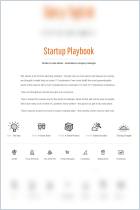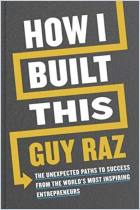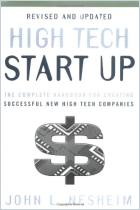加入 getAbstract 阅读摘要

加入 getAbstract 阅读摘要
Howard Love
The Start-Up J Curve
Six Steps to Entrepreneurial Success
Greenleaf Book Group, 2016
看看什么内容?
Every start-up follows the same “J Curve.” Start-up success is all about figuring out this path.
Recommendation
More than 90% of start-ups change their initial business plans and many start-ups fail. Often, this happens because their owners don’t understand the start-up journey or its various phases. Entrepreneur Howard Love applies his 35 years of experience and numerous successful start-up runs to explaining the ups and downs and sometimes obscure rhythms of developing a successful business. With his grasp of crucial subtle details and his clear explication of the big picture, Love’s advice proves easy to follow, comprehensive and practical. getAbstract recommends his guidance to anyone considering a start-up and to entrepreneurs in their company’s early years.
Summary
About the Author
Howard Love has founded or co-founded more than 15 companies and invested in more than 50 early-stage start-ups.



















Comment on this summary